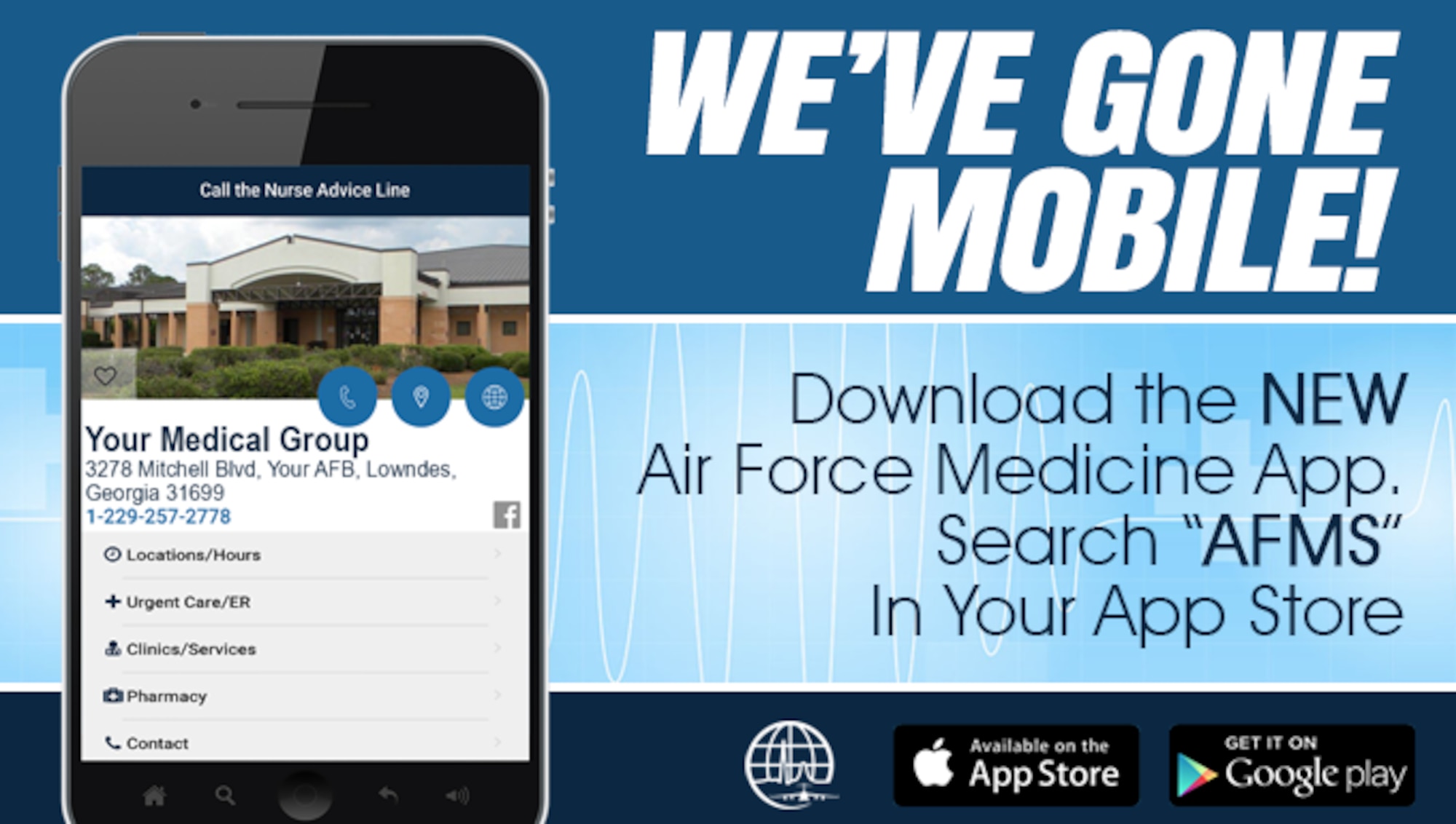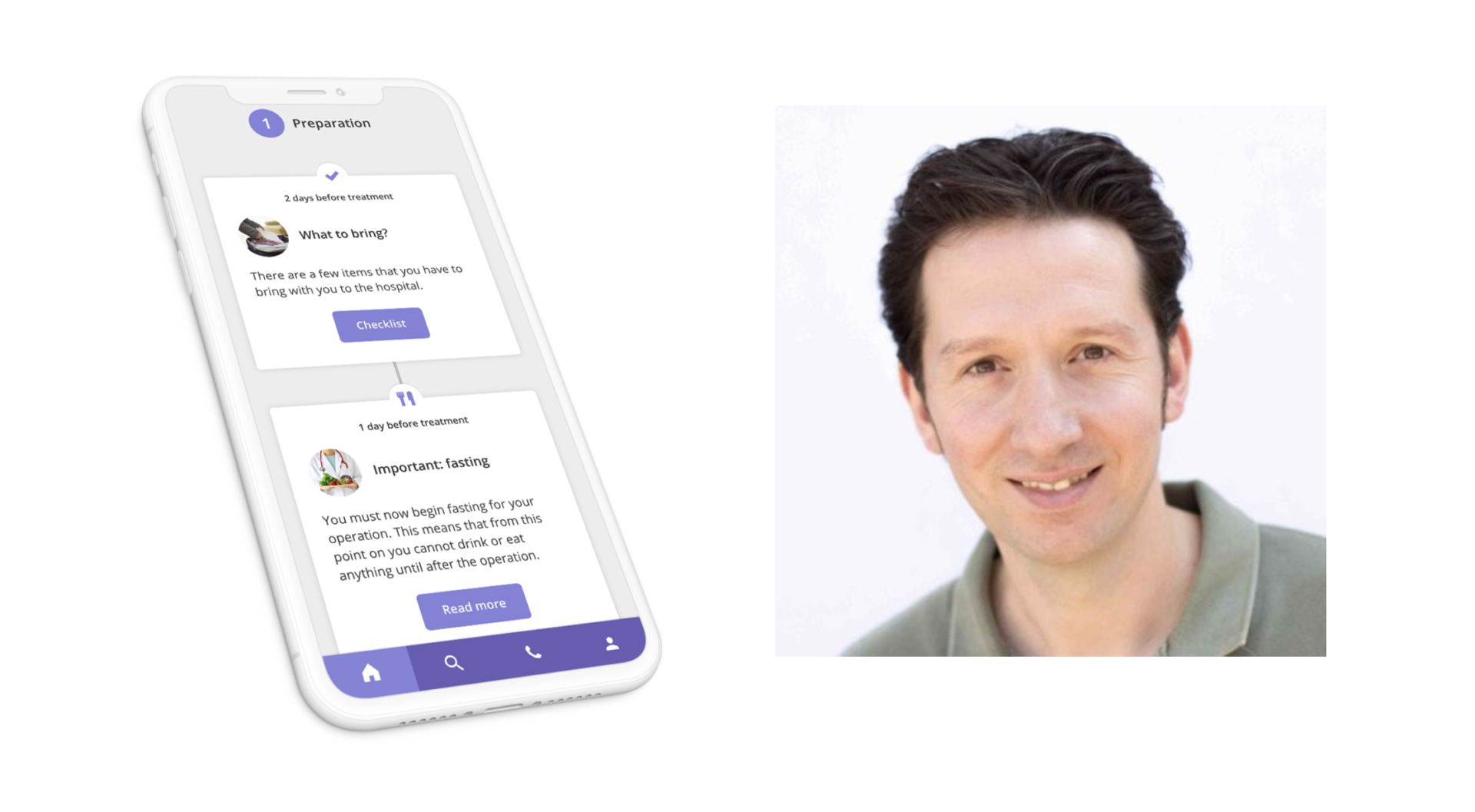The Influence of a Mobile App for Clinics on Workflow Effectiveness and Patient Satisfaction
The Influence of a Mobile App for Clinics on Workflow Effectiveness and Patient Satisfaction
Blog Article
The Future of Healthcare: Why Clinics Need a Mobile Application Today
As the medical care landscape continues to advance, facilities face installing stress to adjust to patient expectations for higher convenience and ease of access. The assimilation of mobile applications can offer as an essential approach for boosting client engagement and improving procedures.
Transforming Patient Assumptions
As the landscape of medical care progresses, client expectations are undergoing a significant makeover. Today's individuals are significantly seeking ease, availability, and individualized care. With the rise of modern technology, particularly mobile applications, people currently expect a seamless combination of health care services right into their every day lives. They want the capability to handle consultations, accessibility clinical records, and connect with doctor via their smartphones, reflecting a change towards a more positive method to health and wellness monitoring.
In addition, individuals are becoming a lot more informed and encouraged, commonly investigating therapies and problems on the internet before assessments. This enhanced awareness is coupled with a demand for openness in health care procedures, consisting of cost price quotes and therapy alternatives. Therefore, providers are compelled to adjust by adopting digital devices that boost the patient experience.
The assumption for prompt and reliable communication has actually never ever been higher, with several patients taking into consideration responsiveness a vital component of quality care. mobile app for clinics. In this developing landscape, medical care companies have to acknowledge these transforming assumptions and take advantage of mobile applications to foster an extra patient-centric strategy, guaranteeing that they not only satisfy however surpass the standards set by today's informed consumers
Enhancing Client Interaction

Mobile applications promote interaction between clients and health care carriers, enabling real-time appointment organizing, reminders for medicine adherence, and direct messaging functions. These performances not only enhance comfort however likewise build a feeling of liability amongst clients. Mobile applications can supply instructional content customized to private demands, assisting people much better comprehend their conditions and treatment options.
The combination of gamification aspects within health care applications can likewise inspire people to involve in healthy actions, reinforcing positive lifestyle modifications. Eventually, enhancing person involvement with mobile applications leads to improved health outcomes, higher person fulfillment, and an extra joint medical care experience.
Simplifying Facility Operations
Enhancing clinic procedures is vital for boosting process performance and maximizing patient care. The implementation of mobile applications can significantly minimize administrative concerns, enabling healthcare companies to focus more on patient communications. By automating appointment organizing, client check-ins, and payment processes, centers can decrease wait times and boost total functional performance.
Mobile applications also promote real-time access to person documents, allowing healthcare specialists to make informed choices promptly. This immediacy not only boosts the top quality of treatment but likewise decreases the likelihood of errors connected with lost or dated information. Moreover, leveraging mobile innovation supports a more organized technique to handling individual check out this site follow-ups and treatment plans, making certain that no important actions are overlooked.
This enables for prompt replenishment and helps stay clear of disruptions in client care due to equip shortages. By incorporating these capabilities right into their everyday operations, clinics can develop an extra cohesive and reliable setting, ultimately leading to improved client results and contentment.
Improving Interaction Networks
Effective communication is frequently cited as a keystone of top quality medical care distribution. In today's fast-paced clinical atmosphere, mobile applications can dramatically improve communication channels in between centers, people, and doctor. By incorporating mobile apps into their procedures, clinics can promote real-time interactions, making sure that patients receive prompt details concerning their consultations, test results, and therapy strategies.
Mobile applications likewise encourage clients to communicate directly with their health care groups via safe messaging attributes. This straight line of interaction fosters a feeling of interaction and enables prompt clarification of concerns, which can lead to much better adherence to treatment procedures. this article In addition, press notifications can remind people of upcoming consultations or medication schedules, minimizing no-show prices and improving total wellness outcomes.

Staying Affordable in Medical Care
In a quickly developing healthcare landscape, companies must prioritize technology and versatility to preserve an one-upmanship. The integration of mobile applications into healthcare solutions is no longer optional; it is vital for centers intending to improve individual interaction, simplify operations, and improve general service distribution.
As individuals significantly depend on digital platforms for health and wellness management, facilities navigate to these guys that stop working to embrace mobile technology danger falling back. A well-designed mobile application can provide attributes such as visit organizing, telemedicine assessments, and access to medical records, giving people with ease and promoting commitment.

Competitors are also purchasing mobile options, so staying in advance calls for constant enhancement and staying educated regarding technical improvements. Clinics must not just apply mobile applications yet also participate in regular updates and refinements. Ultimately, the successful assimilation of mobile innovation will certainly identify forward-thinking medical care organizations and set the standard for patient-centric care in a digital globe.
Final Thought
In final thought, the combination of mobile applications in facilities is essential to address the developing landscape of patient assumptions. Eventually, the critical implementation of mobile applications represents a critical action toward providing personalized and obtainable health care, consequently fulfilling the needs of today's encouraged clients.
Inevitably, enhancing person involvement through mobile applications leads to boosted health and wellness results, greater person fulfillment, and an extra joint medical care experience.Mobile apps also facilitate real-time access to patient documents, allowing health care specialists to make educated decisions swiftly. In today's hectic clinical environment, mobile applications can considerably enhance communication networks between facilities, people, and health care carriers.Mobile applications likewise empower patients to communicate straight with their medical care teams through secure messaging attributes. Inevitably, the strategic execution of mobile apps stands for an important step toward delivering personalized and obtainable medical care, consequently meeting the requirements of today's equipped clients.
Report this page